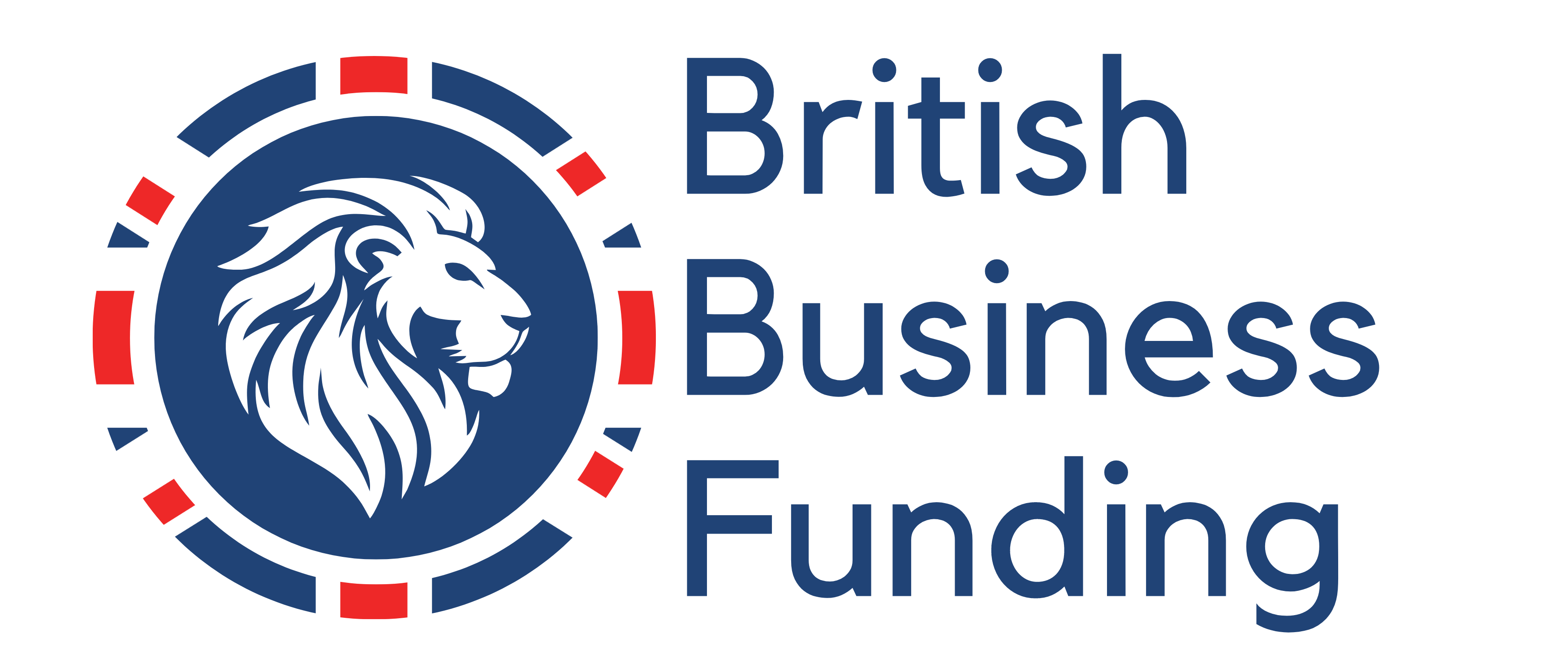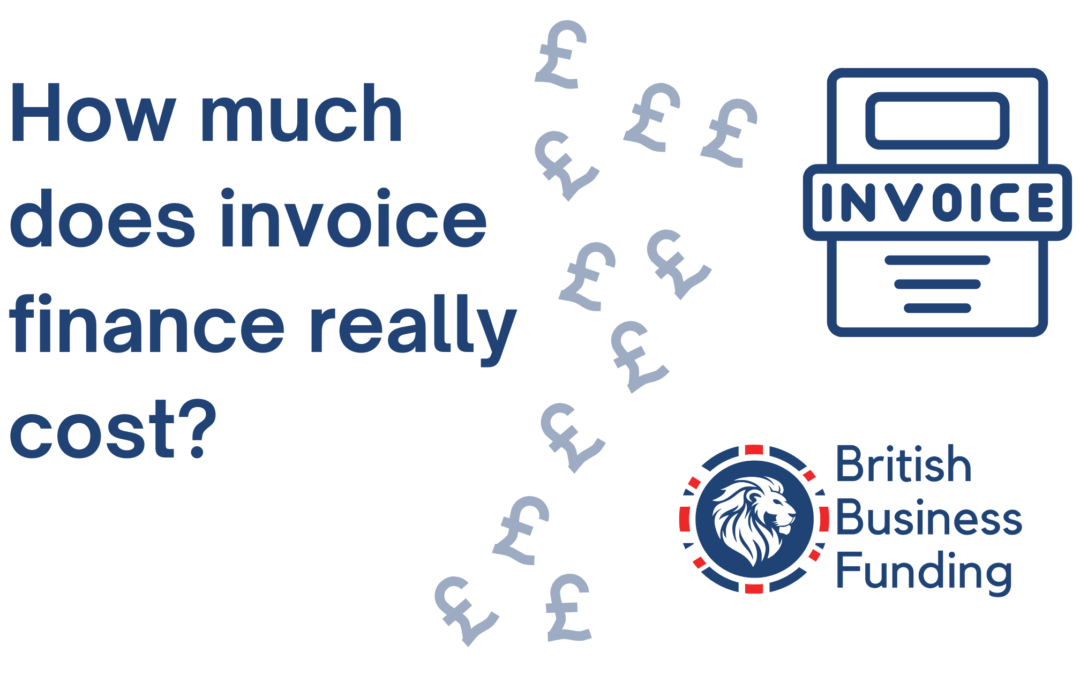The Real Costs of Invoice Financing
For businesses in the UK, maintaining healthy cash flow is often one of the biggest challenges. If your company relies on invoices to get paid, long payment terms can leave you strapped for cash when you need it most. This is where invoice financing comes in—a popular funding solution that unlocks the cash tied up in unpaid invoices. But what does it actually cost?
In this blog, we’ll break down the real costs of invoice financing, covering upfront fees, potential hidden charges, and factors that influence pricing. By the end, you’ll have a clearer picture of how much invoice finance might cost and whether it’s the right choice for your business.
What Is Invoice Financing?
Invoice financing allows businesses to access a percentage of their unpaid invoice value upfront, typically 80-90% (With BBF we can get you between 90% and 99% depending on the size of the facility), with the remaining balance (minus fees) paid once the invoice is settled by your customer. This can be a lifeline for companies that need working capital without waiting 30, 60, or even 90 days for payments.
If you’re new to the concept, you can learn more about how invoice finance works on our Invoice Financing page.
The Main Costs of Invoice Financing
While invoice financing is often marketed as a simple and flexible solution, it’s important to understand the costs involved. Here are the main charges you should expect:
1. Service Fees
The service fee (or factoring fee) is a percentage of the invoice value that the provider charges for managing your invoices. This fee typically ranges from 0.5% to 3%, depending on factors like the size of your invoices and the overall volume of invoices financed.
2. Discount Rates
The discount rate is essentially the interest charged on the amount you borrow against your invoices. It’s calculated daily until your customer pays. Rates usually fall between 1% and 5%, depending on the agreement and your business’s risk profile. At BBF, we can get you interest rates as low as 0.06% daily with the flexibility to pay back whenever you like before the invoice terms.
3. Additional Costs
Some providers may charge additional fees, such as:
- Setup Fees: A one-time charge to establish the financing agreement.
- Monthly Minimum Fees: A minimum charge if you don’t meet a specified invoice volume.
- Termination Fees: Costs for ending the agreement early.
Hidden Costs to Watch For
While the upfront costs of invoice financing are often transparent, it’s important to be aware of potential hidden costs that can add up over time:
1. Late Payment Penalties
If your customer delays payment beyond the agreed terms, the interest or discount rate may continue to accrue, increasing your overall costs.
2. Dispute Resolution Fees
If there are discrepancies or disputes with an invoice, the provider may charge additional fees to resolve the issue.
3. Credit Insurance Costs
Some providers require businesses to take out credit insurance to cover the risk of non-payment. While this offers protection, it’s an additional expense to consider.
We make all of these incredibly transparent and easy to understand, and even if you are late on payment, the charges are almost always only the extra interest incurred as long as we are notified in a timely manner.
Factors That Influence Invoice Financing Costs
The cost of invoice financing varies depending on several factors:
1. Your Industry
Certain industries, such as construction or retail, may face higher rates due to perceived risks or longer payment cycles.
2. Invoice Value and Volume
Larger or more frequent invoices can lead to lower rates, as providers see higher volumes as less risky.
3. Customer Creditworthiness
The financial stability and payment reliability of your customers play a significant role in determining your rates. The more creditworthy your customers, the lower the perceived risk for the provider.
4. Your Business’s Financial Health
Businesses with a strong credit history and steady cash flow often qualify for better terms.
Is Invoice Financing Worth the Cost?
The value of invoice financing depends on your business’s needs and priorities. Here are some scenarios where it might make sense:
- Managing Cash Flow: If delayed payments are putting a strain on your operations, invoice financing can provide a quick cash injection.
- Avoiding Debt: Unlike loans, invoice finance doesn’t require you to take on additional debt.
- Seizing Opportunities: Access to immediate funds can help you take advantage of growth opportunities, such as bulk purchasing or hiring.
However, businesses with tight profit margins should weigh the costs carefully, as fees and charges can eat into earnings.
How Much Does Invoice Finance Cost in the UK?
On average, businesses in the UK can expect to pay between 1% and 5% of their invoice value in total fees. The exact cost depends on your provider and agreement terms. If you want the best rates then get in contact with us today.
If you’re curious about the potential costs for your business, feel free to explore our Invoice Financing services. We offer transparent pricing and tailored solutions to suit businesses of all sizes.
Making the Right Choice
Understanding the real costs of invoice financing is the first step in deciding if it’s the right fit for your business. While it’s not the cheapest option, the flexibility and speed it offers can outweigh the costs for many companies.
If you’re considering invoice finance, make sure to:
- Compare providers to find the best rates and terms.
- Read the fine print to avoid hidden costs.
- Consult with experts to tailor the solution to your needs.
Ready to Take the Next Step?
Invoice financing can be a game-changer for businesses looking to improve cash flow and seize new opportunities. To learn more or explore your options, visit our Invoice Financing page today.
Let’s help you unlock the potential of your unpaid invoices while keeping costs in check!

